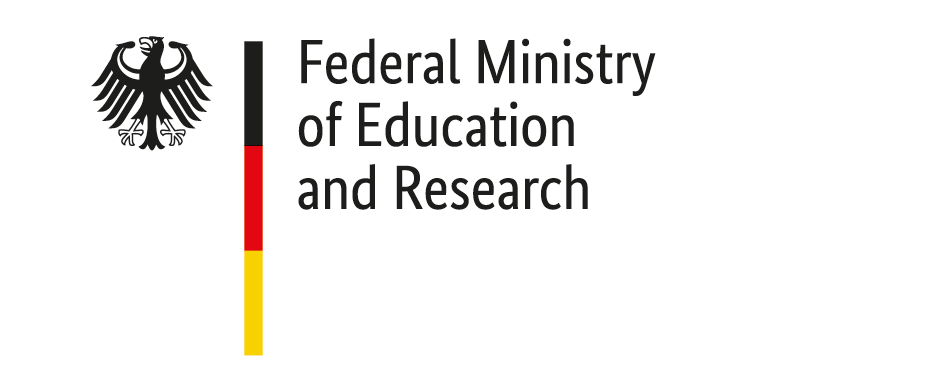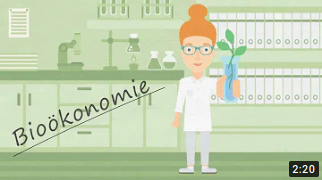header 2

What is Bioeconomy?
Fossil resources such as petroleum, precious metals and rare earths are finite. This finiteness influences our society while it is facing challenges such as a growing world population and a progressing climate change. To provide our world sustainably with food and re-growing rare materials as well as environmentally friendly energy, a smart and sustainable bio-based economy is needed.
The concept of bioeconomy is orientated towards a natural cycle of materials and includes economic sectors which produce and handle sustainable plants, animals and microorganism as well as their products. Bioeconomy not only replaces conventionally produced products, but also creates new, sustainably produced products. Therefore, bioeconomy aims at a structural change which means to turn away from exploiting fossil raw materials but instead striving for an economic growth in harmony with nature and environmental protection. With its sustainable and resource efficient strategy, bioeconomy contributes to a long lasting wealth of our society.
Soils are a finite resource of bioeconomy. Besides plant production, soils fulfil a lot of other important functions for our environment, e. g. as water storage, as filter for clean water or as converter of materials. That’s why sustainable land use of soils is the key requirement to produce raw material in accordance with environment, climate and nature in a resource friendly way.


